Zimbabwe to start blueberry exports to China after breakthrough agreement
Zuma’s Nigerian visit a balm for better relations
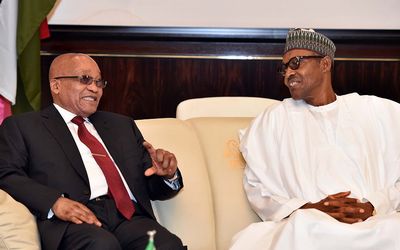
GCIS / President Jacob Zuma, left, speaks to Nigerian President Muhammadu Buhari during a visit to Nigeria on Tuesday.
President Jacob Zuma’s state visit to Nigeria last month was significant and could represent a thaw in relations between Africa’s largest economies after these had become strained under the presidency of Goodluck Jonathan between 2010 and last year. Abuja felt it had been replaced by Angola as SA’s strategic partner in Africa.
Former Nigerian vice-president Atiku Abubakar, whose closeness to Zuma had been considered a stumbling block in his relationship with Jonathan, could now act as a bridge. It was significant that Abubakar was part of the delegation that received the South African president on his arrival in Abuja.
The fact that Zuma was the first foreign leader to have been hosted on a state visit by the new Nigerian president, Muhammadu Buhari, was significant. Both countries agreed to upgrade the binational commission from the vice-presidential to presidential level. For Zuma to address a joint session of Nigeria’s National Assembly was a rare privilege, which was disappointingly given scant coverage in the South African media.
His speech covered four key areas. First, he went out of his way to heal a historical wound that many Nigerian diplomats and citizens have consistently complained about: SA’s perceived ingratitude for Nigeria’s contributions to the antiapartheid struggle.
Zuma praised the contributions of Nigerian public servants of a “Mandela Tax”; the provision of scholarships to South African students; and Nigeria’s chairing of the United Nations (UN) Special Committee against Apartheid for 25 years.
The second key area of Zuma’s speech involved economic and trade relations, with 120 South African companies operating in Nigeria and firms such as MTN making a larger profit in Nigeria’s market of 170-million consumers than in SA’s 50-million-strong market within four years. Zuma also addressed the SA-Nigeria Business Forum to underline the importance of this key area.
But Zuma’s focus on economic issues revealed the weakness of both countries: Nigeria faces low oil prices and a collapsing currency, and SA suffers from persistently low growth and faces the threat of a credit downgrade that would greatly increase its cost of borrowing. Zuma thus called for a diversification of both countries’ economies, with bilateral trade having increased from R17bn in 2008 to R45bn last year.
SA has offered to assist Nigeria’s efforts at increasing its electricity supply, building an automotive industry, exploring its solid minerals and providing military hardware for Abuja’s fight against Boko Haram.
The third area of Zuma’s speech was building people-to-people relations, which implicitly could help improve understanding among the citizens of both countries.
The president praised the new South African Airways direct flight from Johannesburg to Abuja. About 4,000 Nigerians travelled to SA every month last year, and both countries are looking to increase tourism. The Nigeria Union in SA, however, lobbied the Nigerian government to tackle what it said was widespread xenophobic harassment of Nigerian citizens by South African security and immigration officials.
The fourth area of the speech focused on the joint leadership of both countries, which was most evident during the “golden age” of presidents Thabo Mbeki and Olusegun Obasanjo between 1999 and 2007, when both countries closely co-ordinated their diplomacy and helped build the institutions of the African Union.
In Abuja, Zuma called for both countries to contribute to conflict-management efforts. The fear of continued French interventionism in Côte d’Ivoire, Mali and the Central African Republic could further push both African powers closer together. Zuma called for Abuja and Tshwane to work together to reform anachronistic multilateral institutions such as the UN Security Council, World Bank and International Monetary Fund.
Relations between Nigeria and SA had recently been soured by the $3.9bn fine imposed on MTN by Nigerian regulators for failing to disconnect 5.1-million irregularly registered cellphone subscribers.
In his first public comment on the issue and in one of the few discordant notes of this finely orchestrated diplomatic symphony, Buhari accused the South African company of having contributed to the deaths of thousands of Nigerian victims of Boko Haram through its inaction. Despite this reproach, the visit could signal the long-awaited rapprochement between Africa’s powerhouses.



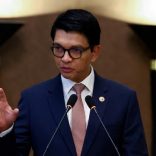
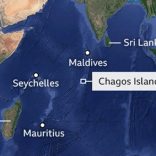
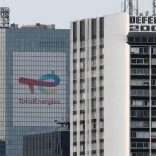
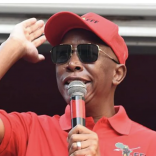





Leave a Reply
Be the First to Comment!
You must be logged in to post a comment.
You must be logged in to post a comment.